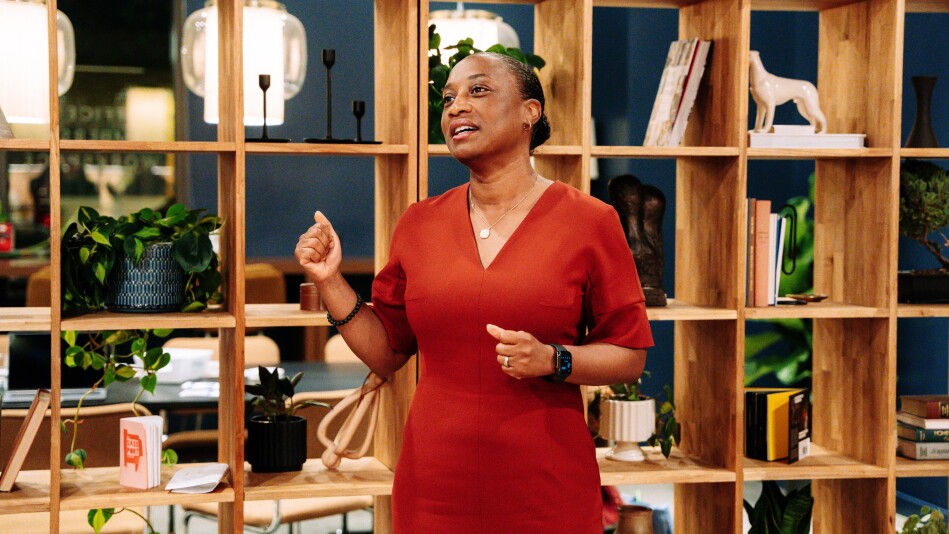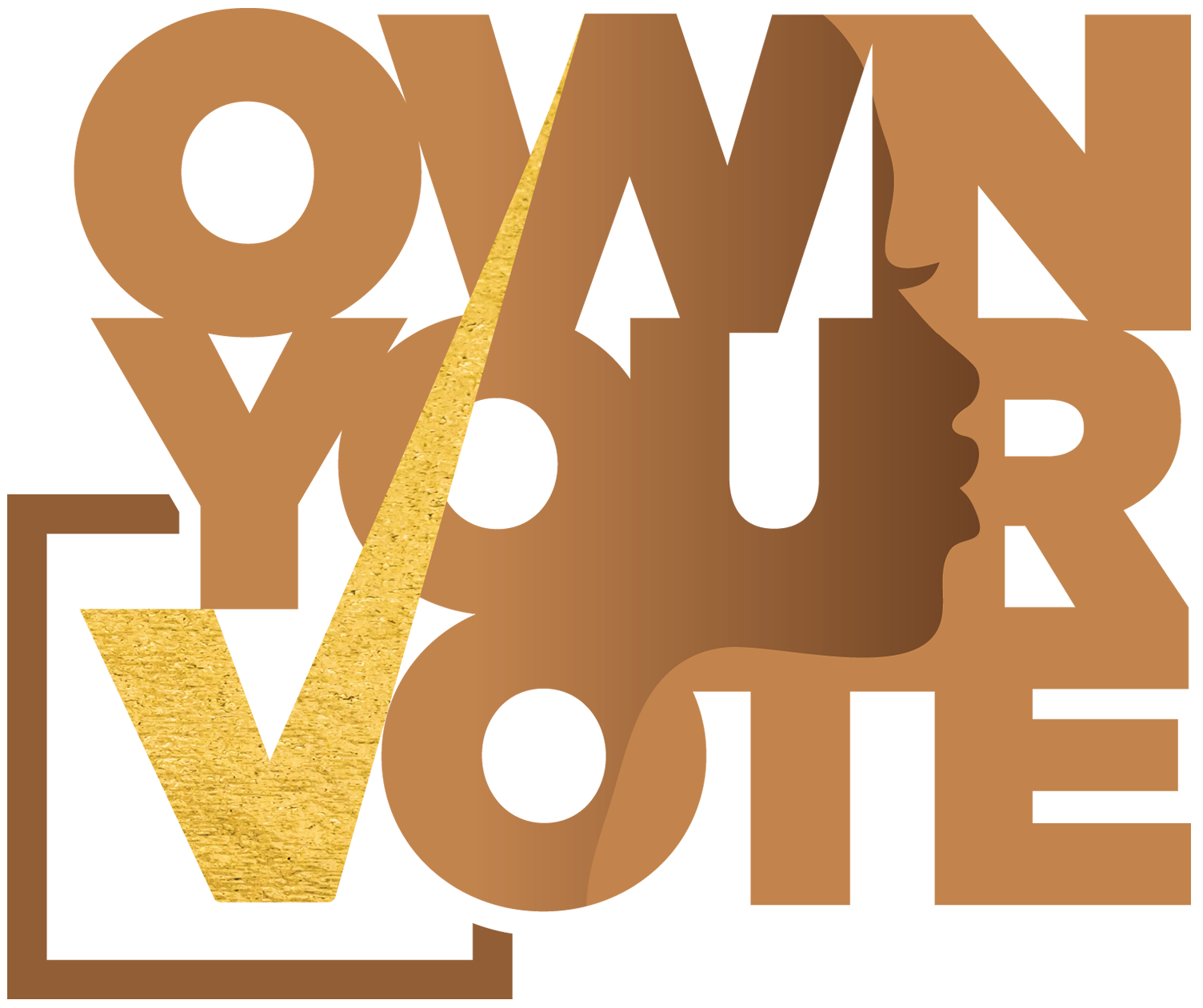
Freedom Is on the Ballot. Will We Choose It?
The opinions expressed in this article reflect the views of the author, independent of Oprah Winfrey Network.
On Friday, June 24, 2022, I did what most parents were busy doing—driving and dropping off my daughter at summer camp. On the way, we talked about the day and what was in store for her. She was excited. When we arrived, we said our I love yous, waved goodbye and I pulled off, my mind already shifting to the work meetings and the to-do list that waited on my desk.
And then the news came; news that did not surprise me in the least, but jarred me nonetheless. The decision in the Supreme Court case Dobbs vs Jackson Women's Health Organization was in, and as a result Roe v. Wade—a nearly 50-year precedent that granted the right to privacy and the ability to have an abortion—had been struck down, pushing essential health care out of the hands of millions and handing their bodily autonomy to elected officials.
It occurred to me at that very moment that my daughter would return home from camp less free than when I dropped her off that morning. And I was angry.
"Women are not without electoral or political power," wrote Supreme Court Justice Samuel Alito in the final decision. "It is noteworthy that the percentage of women who register to vote and cast ballots is consistently higher than the percentage of men who do so."
His insincere words infuriated me, because I knew that the same court that had just returned settled law to the states for the "people to decide" had also worked to obliterate voting rights.
There are many tangible issues being debated during this election cycle. Abortion is on the ballot. The economy is on the ballot. Climate change is on the ballot.
Ultimately, an intangible item, freedom, is on the ballot. And in the words of the great justice warrior Ella Baker, "we who believe in freedom cannot rest until it comes." The first step for all of us to retain and restore that freedom is through the power of the vote.
As a native Mississippian and graduate of Jackson State University, I am intimately familiar with the many movements that have helped this country arrive at this moment in time—a time in which women, Black people and people of color are occupying spaces that were once closed off to us. Today, more women are college graduates, CEOs and are answering the call of running for office than ever before. And I would argue that none of these steps toward true freedom would be possible without women exercising our right to vote, and demanding that we be in the rooms where decisions are made.
What recent years have taught us is that if we get lulled to sleep resting on the victories of the past, we'll surely see that progress rolled back.
We cannot enjoy reproductive freedom, economic inclusion or climate justice without first securing and exercising our fundamental right to vote.
We didn't get to decide that our rights would be overturned. Six justices rejecting the will of the American people did that. But we can do something about getting them back. Most Americans believe that women should have the right to make decisions about their own body. This stance crosses political lines, socioeconomic lines and color lines. And still, as a Black woman I cannot help but tie the right to choose to our greater struggle for freedom. Especially because my ancestors had no say or control over their bodies or reproductive lives.
To regain control of our bodies, and consequently our destinies, we must use our voice and vote.
This is the most important election of our lifetimes. It's an expression that we've heard in every election cycle in recent memory, because it is always true.
With every election, there are new challenges, and they are piled on the ones that linger. But the vote that we will cast over the next few weeks, and on November 8 will be an actual deposit into the future of the girls who will come behind us. Your vote will be for my daughter who will cast her first vote 10 years from now. We have the power to decide if she'll cast her vote in a world in which she can be hopeful about the future, or in one that is full of despair.
Women of America, we have been called out. It will be up to us to respond. It will be up to us to take control of our bodies and our futures. Let's not give our voice or our power away. We must own our vote and demand our freedom.
Laphonza Butler is a noted political strategist who has been a transformational leader in the labor movement. Butler's current work involves supporting women as they run for office up and down the ballot and across the country.















